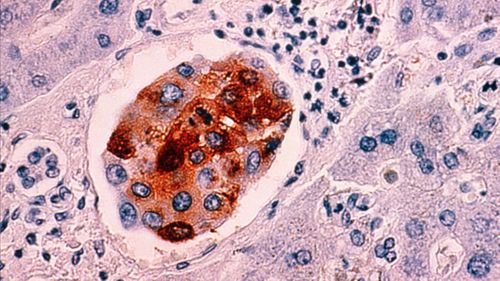10 Facts about Cancer you might not know. A quick guide to educate yourself about cancer.
Feb 27, 2024 · 2 mins read
0
Share

1: Cancer has been documented since ancient times, with evidence found in Egyptian and Greek medical texts dating back to 3000 BCE.
Save
Share
2: Cancer progresses through different stages, starting from abnormal cell growth to the formation of tumors and potential metastasis to other parts of the body.
Save
Share
3: While cancer can affect people of all ages, the types of cancer and their prevalence differ between adults and children. Leukemia is the most common cancer in children, while breast, lung, and colorectal cancers are more common in adults.
Save
Share
4: Cancer can have a profound impact on adults, affecting their physical, emotional, and financial well-being. It can lead to symptoms such as fatigue, pain, and nausea, and may require extensive treatment.
Save
Share
5: Children with cancer face unique challenges. Their developing bodies can be more sensitive to the side effects of treatment, and they may require specialized care to ensure their growth and development are not compromised.
Save
Share
6: The field of oncology has made significant progress in the treatment of cancer. Today, treatment options include surgery, radiation therapy, chemotherapy, immunotherapy, targeted therapy, and precision medicine.
Save
Share
7: Surgical procedures aim to remove cancerous tumors and surrounding tissues. Radiation therapy uses high-energy X-rays to kill cancer cells, while chemotherapy uses drugs to destroy cancer cells throughout the body.
Save
Share
8: Immunotherapy helps the immune system recognize and attack cancer cells. Targeted therapy focuses on specific genetic or molecular abnormalities in cancer cells, while precision medicine tailors treatment based on an individual's unique genetic profile.
Save
Share
9: Advances in cancer research have led to the development of innovative treatments such as CAR-T cell therapy, which uses genetically modified immune cells to target and destroy cancer cells.
Save
Share
10: Alongside treatment advancements, efforts are being made to improve cancer prevention and early detection through awareness campaigns, screening programs, and the development of new diagnostic tools and technologies.
Save
Share
0